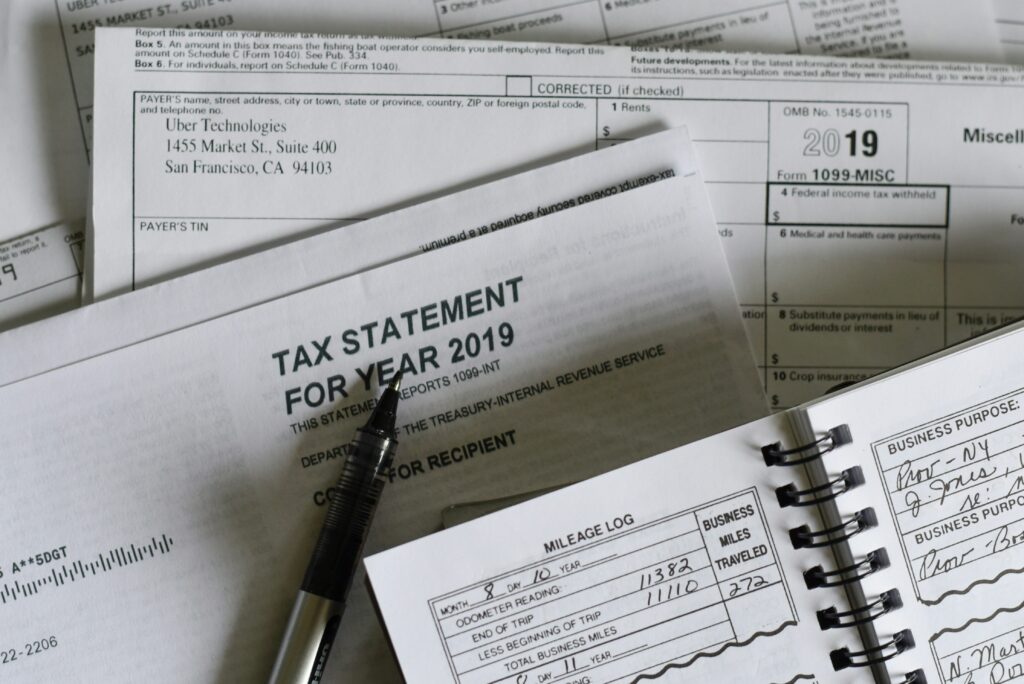Brazilians looking for fresh possibilities are drawn to the country by its dynamic culture and expanding economy. To ensure compliance with Brazilian tariff regulations and make wise financial decisions, it is crucial for foreigners to comprehend the local levy system. This thorough book seeks to give expats a basic grasp of Brazil’s tariff system, covering fundamental ideas, tax liabilities, and potential benefits available to non-residents.

Brazilian tax residency
For foreigners living in Brazil, determining their levy residency is essential. The government adheres to the idea of “fiscal domicile,” according to which a person is regarded as a resident for tariff reasons if they have spent more than 183 days in the country over the course of a year or if they have a permanent visa. Tax citizens must pay taxes on all of their income, whilst non-residents are only required to pay taxes on income earned in Brazil.
Personal Income Tax
Every country’s tariff system must include personal income taxes, and Brazil is no exception. Brazil, which has one of the greatest economies in the world, depends on personal income taxes to pay for a variety of government programs and services. The main elements of personal income taxes in the country, including tariff rates, deductions, and documentation requirements, are as follows.
Tax rates and thresholds
Brazil has a progressive levy system, which means that those with greater incomes pay higher rates of tax. There are now seven income tariff brackets in the nation, with rates ranging from 0% to 27.5%. The tax burden is distributed fairly thanks to the rising levy rates as income levels rise. It’s crucial to remember that these rates could change, so it’s always a good idea to check the most recent rules or a tax expert for the most up-to-date information.
Deductions and exemptions
Brazilian tax rules offer a number of exclusions and deductions that can be used to lower taxable income. Pension plan contributions, health insurance premiums, and educational costs are a few examples of popular deductions. Taxpayers may also deduct some medical costs and expenses for dependent family members. To support these deductions while paying taxes, it is essential to preserve the appropriate paperwork and receipts.
Tax filing and deadlines
For anyone in Brazil who earns above a specific threshold, completing an annual tariff return is required. Taxpayers are expected to submit their income levy returns using the “Programa Gerador da Declaraço” (PGD) electronic filing system. It is customary for income tariff returns to be submitted by April 30th of the following year. However, it is advisable to review the most recent regulations to see if the date has been altered or extended.
Penalties and consequences
Failure to comply with the tax obligations in Brazil can result in penalties and legal consequences. Late filing or non-payment of taxes can lead to fines, interest charges, and even prosecution in severe cases. It is essential to fulfill levy obligations in a timely and accurate manner to avoid any unnecessary complications.
Tax treaties and double taxation
Brazil has entered into levy treaties with several countries to avoid double taxation. These treaties provide relief by allowing foreign residents to claim levy credits or exemptions in their home country for taxes paid in the country. Expatriates should consult the tariff treaty between Brazil and their home country to understand the specific provisions and avoid double taxation.
Social security contributions
Foreigners employed in Brazil are typically required to pay into INSS, the country’s social security system. There is a maximum contribution amount and contributions are dependent on a percentage of the employee’s salary. Some nations like Brazil have reciprocal arrangements in place, allowing expats to continue contributing to social security in their home nation.
Wealth and property taxes
Brazil imposes wealth taxes on individuals with significant assets. The Imposto sobre Transmissão Causa Mortis e Doação (ITCMD) is levied on inheritances and donations, while the Imposto sobre a Propriedade Predial e Territorial Urbana (IPTU) is a property tariff imposed on urban real estate. Expatriates who own property in Brazil should be aware of their obligations and consult local levy authorities for accurate information.
Tax planning and compliance
To navigate the Brazilian tariff system efficiently, expatriates should engage in proactive levy planning and ensure compliance with reporting requirements. Seeking professional advice from tariff consultants or accountants with expertise in international taxation can help optimize tax strategies and ensure adherence to local regulations.
Special tax incentives
Brazil offers various tariff incentives to businesses and individuals. For example, the government provides levy breaks and incentives for investments in certain sectors or regions. Expatriates should explore these opportunities to potentially reduce their tax liabilities and leverage incentives when available.
You may also find these articles helpful
